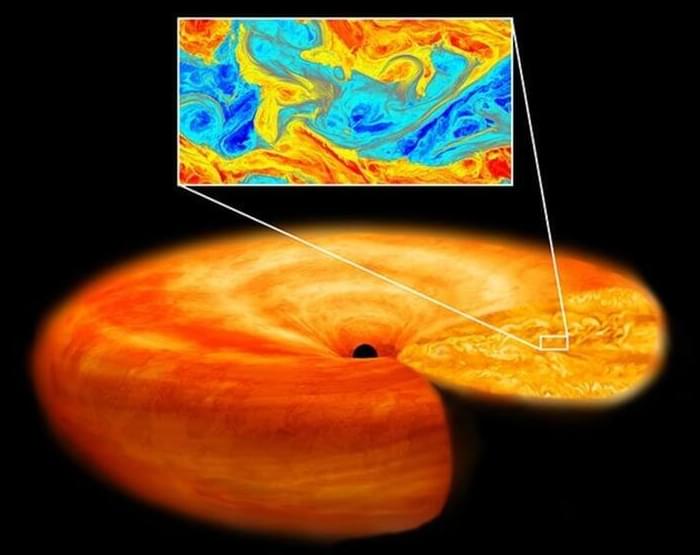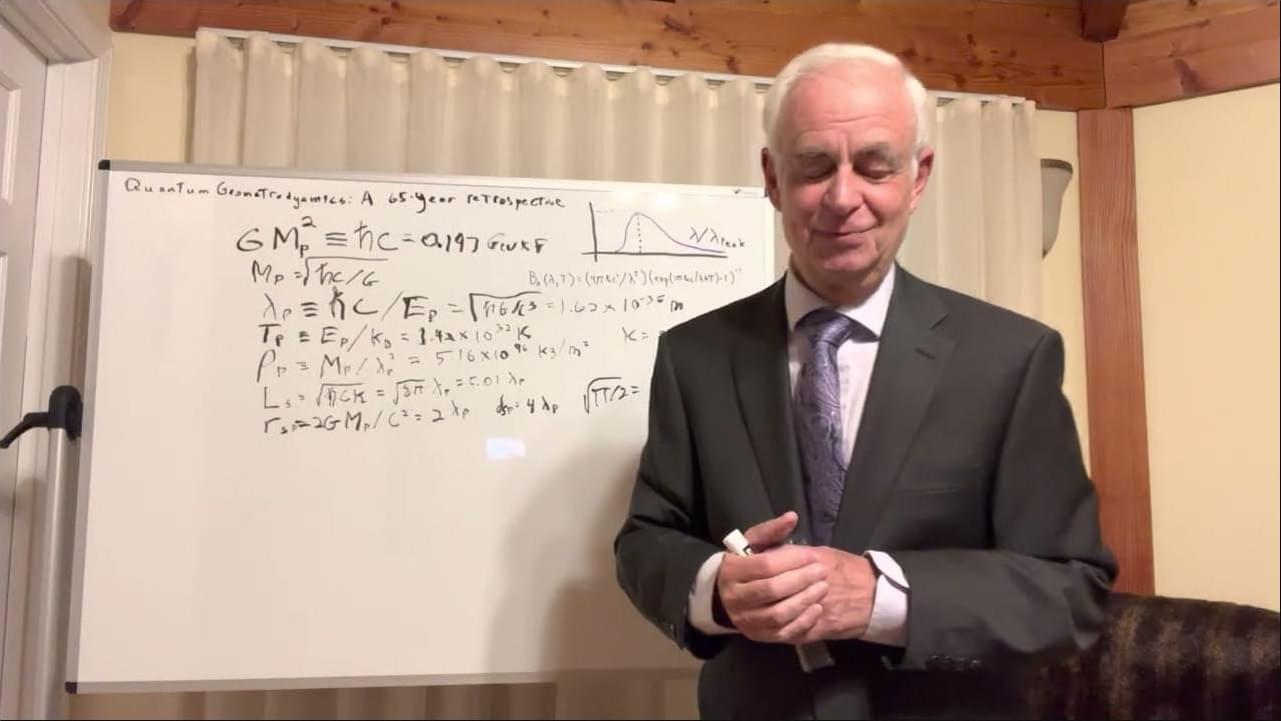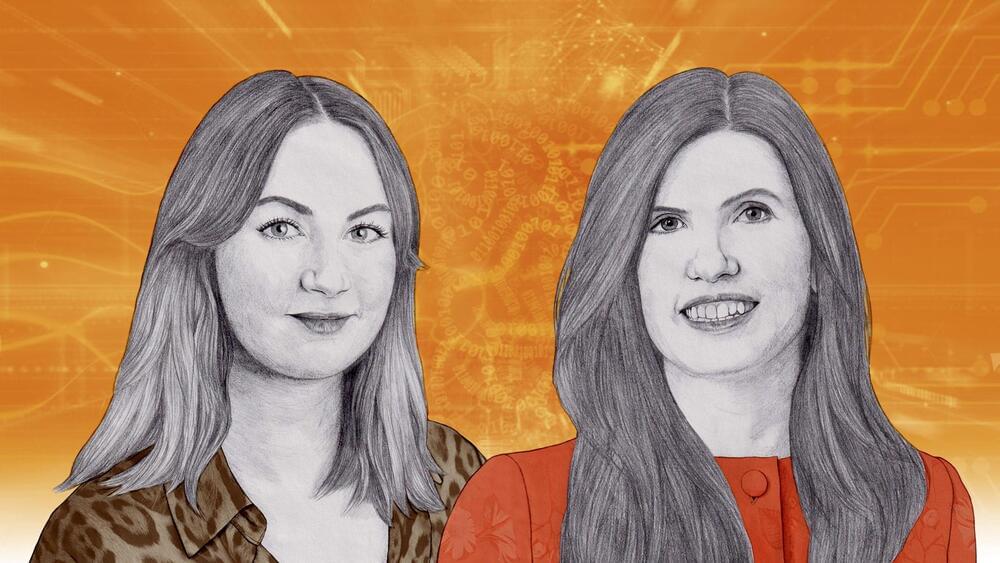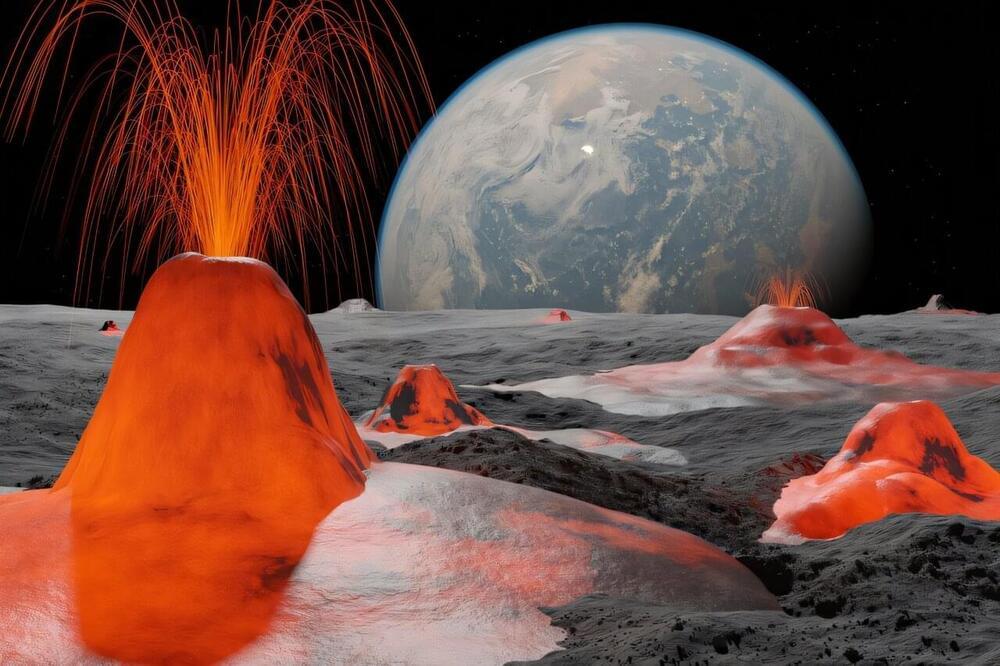Page 129
Dec 19, 2024
Microsoft’s Sarah Bird: Core pieces are still missing from artificial general intelligence
Posted by Rx Sobolewski in category: robotics/AI
Chief product officer of ‘responsible AI’ says the focus needs to be on augmenting — not replicating — human capabilities.
Dec 19, 2024
US Homeland Security chief attacks EU effort to police artificial intelligence
Posted by Rx Sobolewski in categories: robotics/AI, security
The outgoing head of the US Department of Homeland Security believes Europe’s “adversarial” relationship with tech companies is hampering a global approach to regulating artificial intelligence that could result in security vulnerabilities.
Alejandro Mayorkas told the Financial Times the US — home of the world’s top artificial intelligence groups, including OpenAI and Google — and Europe are not on a “strong footing” because of a difference in regulatory approach.
He stressed the need for “harmonisation across the Atlantic”, expressing concern that relationships between governments and the tech industry are “more adversarial” in Europe than in the US.
Dec 19, 2024
New software unlocks secrets of cell signaling, showing realistic simulations
Posted by Shailesh Prasad in categories: bioengineering, biotech/medical, information science, neuroscience
Researchers at University of California San Diego have developed and tested a new software package, called Spatial Modeling Algorithms for Reactions and Transport (SMART), that can realistically simulate cell-signaling networks—the complex systems of molecular interactions that allow cells to respond to diverse cues from their environment.
Cell-signaling networks involve many distinct steps and are also greatly influenced by the complex, three-dimensional shapes of cells and subcellular components, making them difficult to simulate with existing tools. SMART offers a solution to this problem, which could help accelerate research in fields across the life sciences, such as systems biology, pharmacology and biomedical engineering.
The researchers successfully tested the new software in biological systems at several different scales, from cell signaling in response to adhesive cues, to calcium release events in subcellular regions of neurons and cardiac muscle cells, to the production of ATP (the energy currency in cells) within a detailed representation of a single mitochondrion.
Dec 19, 2024
Amazon announces major milestone in EV transition with Rivian
Posted by Shailesh Prasad in categories: climatology, sustainability
Amazon announced a major milestone in its electric vehicle transition, officially bringing 20,000 Rivian EDVs (electric delivery vans) into its fleet.
Back in 2019, Amazon announced its Climate Pledge to achieve net-zero carbon emissions by 2040. Part of the Pledge included a partnership with Rivian for 100,000 all-electric delivery vehicles. The goal was to have all EDVs on the road and in the Amazon fleet by 2030.
The first Amazon-Rivian EDV hit the road in 2022, and since then, the vans have made it to thousands of locations across the United States.
Dec 19, 2024
Russia to launch free cancer vaccine in 2025
Posted by Saúl Morales Rodriguéz in categories: biotech/medical, health
The Russian Ministry of Health has announced that it has developed a vaccine against cancer that will be distributed to Russian patients for free from early 2025.
According to TASS, the Russian state-owned news agency, Andrey Kaprin—the General Director of the Radiology Medical Research Center of the Russian Ministry of Health—recently announcement the development on Russian radio.
The vaccine will apparently be used to treat cancer patients, rather than given to the general public to prevent cancer—and it will be personalized to each patient.
Dec 19, 2024
Cloud AI Startup Vultr Raises $333 Million At $3.5 Billion Valuation
Posted by Bruce Burke in category: robotics/AI
AMD’s investment is part of how the chip giant plans to make a dent in the artificial intelligence chip market dominated by Nvidia.
Dec 19, 2024
Could Inducing Lucid Dreams Treat Insomnia and Nightmares?
Posted by Shubham Ghosh Roy in categories: engineering, neuroscience
“Engineering” sleeping consciousness could reduce nightmares, treat insomnia—and even be induce specific dreams just for fun.
By Michelle Carr edited by Mark Fischetti
I routinely control my own dreams. During a recent episode, in my dream laboratory, my experience went like this: I was asleep on a twin mattress in the dark lab room, wrapped in a cozy duvet and a blanket of silence. But I felt like I was awake. The sensation of being watched hung over me. Experimenters two rooms over peered at me through an infrared camera mounted on the wall. Electrodes on my scalp sent them signals about my brain waves. I opened my eyes—at least I thought I did—and sighed. Little specks of pink dust hovered in front of me. I examined them curiously. “Oh,” I then thought, realizing I was asleep, “this is a dream.”
Dec 19, 2024
Supercomputers expose hidden inner disk dynamics of a black hole
Posted by Shubham Ghosh Roy in categories: cosmology, supercomputing

For the first time, the “inertial range connecting large and small eddies in accretion disk turbulence” was reproduced.
Black holes cannot be directly detected by ground or space-based telescopes. But the accretion disks of gas, plasma, and dust that orbit them emit detectable electromagnetic radiation, allowing astronomers to infer the presence of black holes.
Continue reading “Supercomputers expose hidden inner disk dynamics of a black hole” »
Dec 19, 2024
Old moon, young crust: Violent volcanism may mean the moon is much older than previously thought
Posted by Saúl Morales Rodriguéz in category: space
After its formation, the moon may have been the scene of such immense volcanic activity that its entire crust melted several times and was completely churned through. At that time, the moon orbited significantly closer to Earth than today. The resulting tidal forces heated up its interior and thus powered the violent volcanism. Only Jupiter’s moon Io, by far the most volcanically active body in the solar system, offers comparable conditions.
These new considerations published today in the journal Nature by an international team of researchers from the University of California Santa Cruz, the Max Planck Institute for solar system Research (MPS) and the Collège de France resolve previous contradictions and inconsistencies regarding the age of the moon. According to the researchers, the moon was formed between 4.43 and 4.51 billion years ago. Its crust, however, appears around 80 to 160 million years younger.
The moon is apparently quite reluctant to reveal its age. Attempts to uncover its secret have yielded estimates that lie several hundred million years apart: While some researchers suggest that our cosmic companion was formed 4.35 billion years ago, others date its birth to 4.51 billion years ago.
















